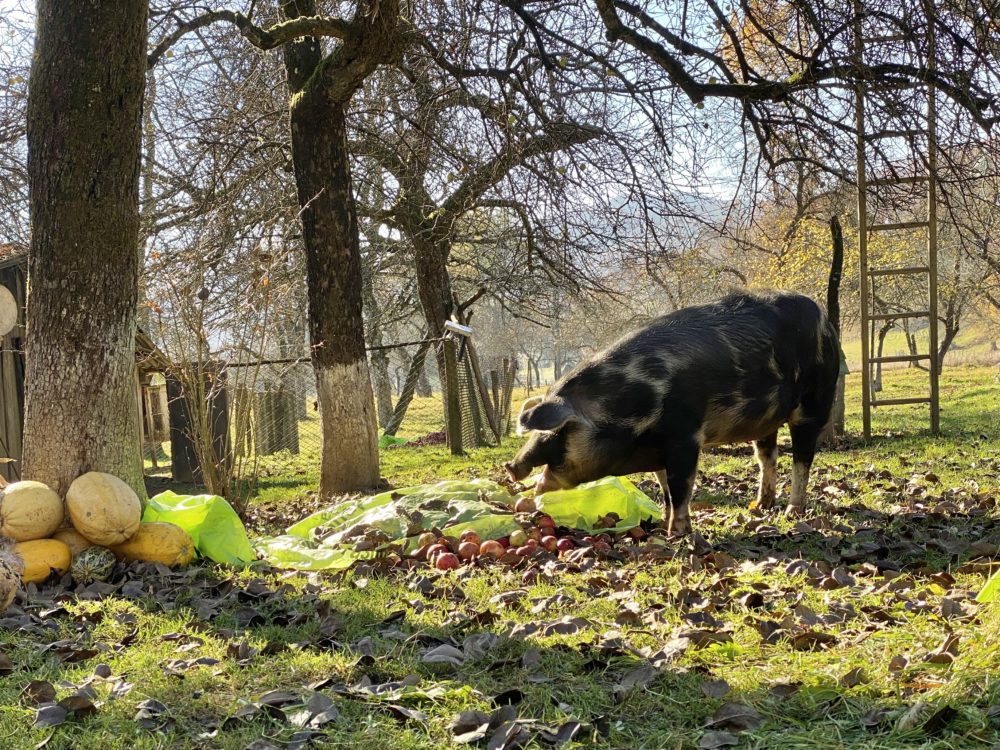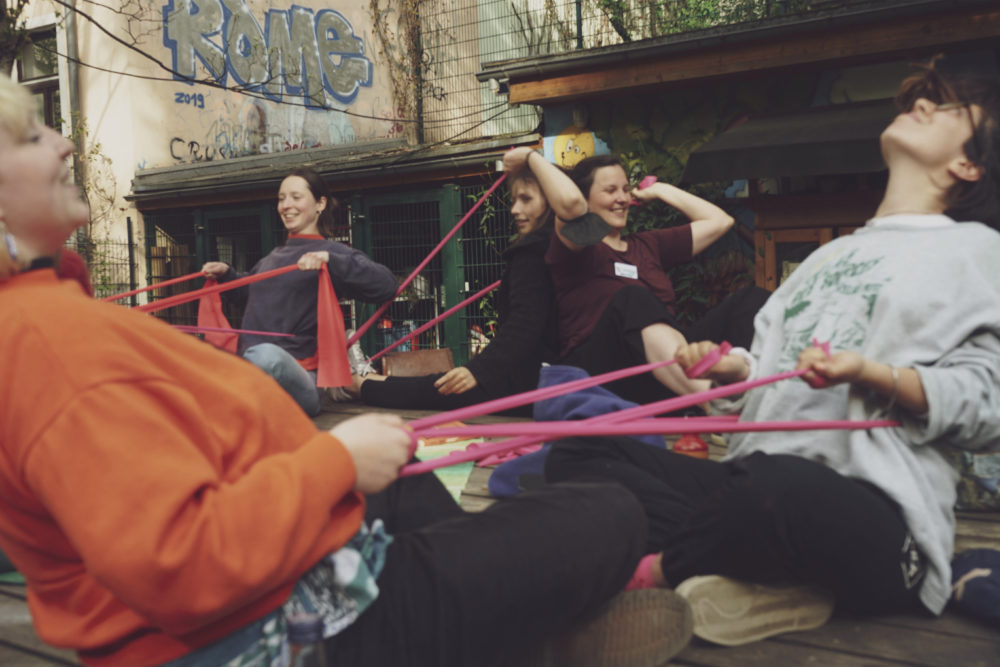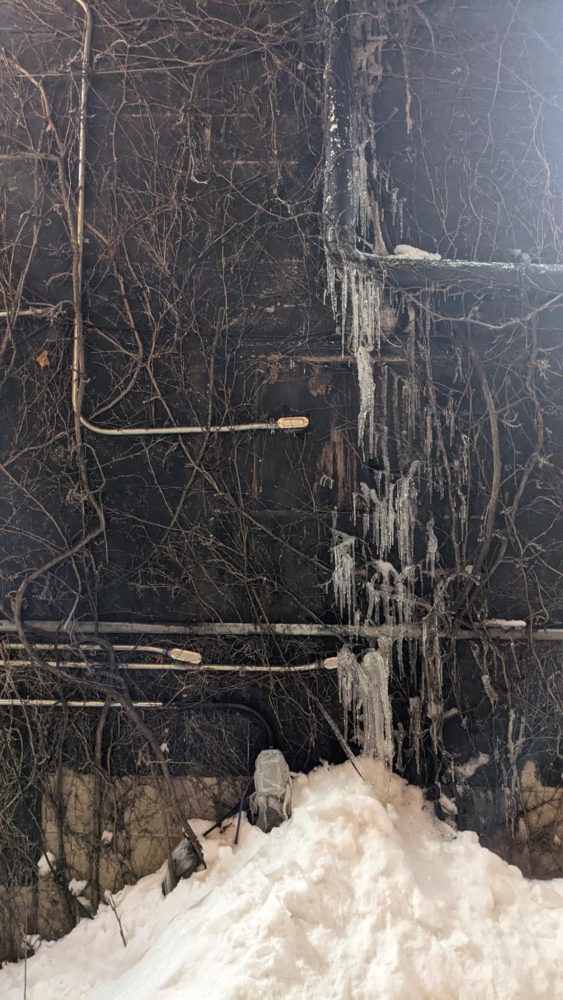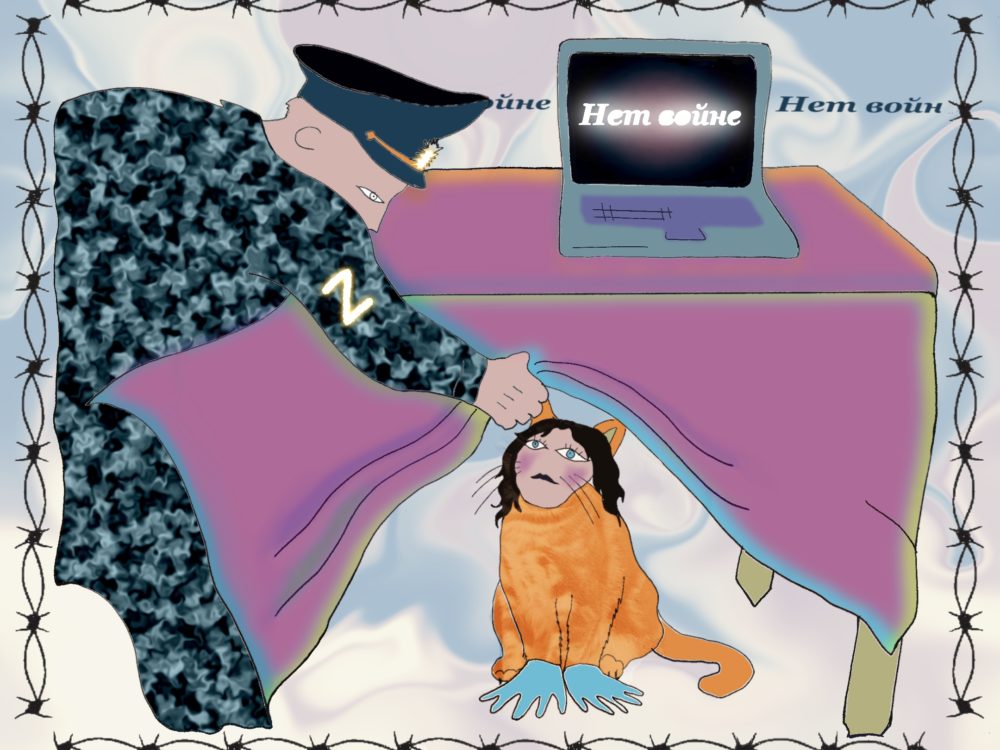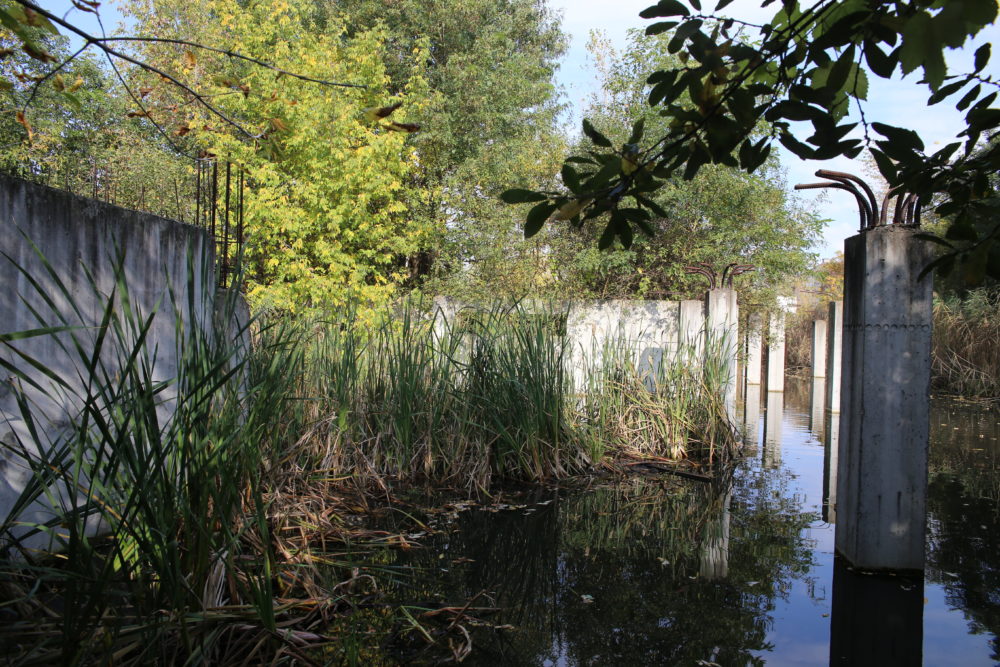Feral is what was first changed by humans but is now beyond systems of control and escapes domestication. Ferity can be messy, unruly, the impure realm between the natural and artificial, between technology and imagination, science and art. Humans and nonhuman animals, ecologies, effects, processes, but also theories can be feral in this sense. Few outside of desolate circumstances will choose the feral state, which is often marked by violence, isolation and insecurity. Yet what is the current political, ecological and social situation if not desolate? For this edition of the New Alphabet School modern witches, artists, urban gardeners, storytellers and escapees explore these multidimensional spaces in lectures and workshops, inquiring how to address, create and use feral cartographies as liberating confusions. How can feral spirituality be practiced when connections to certain traditions have been lost? How can we address feral phenomena that cannot be grasped in established categories? Is it possible to feralize one’s thoughts?
Curated in cooperation with Agata Kowalewska and Jacob Eriksen.
With program contributions by (in order of appearance) Ania Nowak, Joanna Rajkowska, Nikita Kadan, Jack Halberstam, Zakole Wawerskie, Małgorzata Wosińska and The Permanent Provisory Antifascist Brygada in Warsaw, Chto Delat, AM Kanngieser, Paula Montecinos Oliva, Saleh KY AbuShamala and Rawand A Hilles, Greta Di Girolamo and Consuelo Terra, Aparecida Arguello, Ivy Ashleigh Da Gorriti, Liv Furka and Tomasz Szcepanek.
In co-production with Biennale Warszawa; Goethe-Institut Warschau and the Faculty of Philosophy at the University of Warsaw.
More on the event #Feralizing on hkw.de
In this critical text, the four authors encourage the reader to think through the categorical differences of wild, feral and domestic with the help of pigs. Putting forth three case studies of environments that have humans co-existing (or trying to) with pigs, the authors guide us to rethink and relearn our anthropocentric ethics through a feral lens.
read moreThe critical spatial practice Power Elastics (invented by Lena Wegmann) enables embodied mappings of socio-spatial situations and relations. The practice is elastic and not complete, nor does it claim to be complete or unique. This potential protocol is a direct invitation to practice Power Elastics with friends or strangers to analyze the broken present, to critique and more than this, to share feelings and tensions of embody-minded knowledge, wild desires, feral thoughts and queerness as a horizon.
read moreThe conversation that follows discusses explorations of listening as a practice of entanglement with nonhuman others. This is an approach to sonic attention-giving that attempts to render the individual not as a singular listener, but rather as part of an ecology, an open-ended assemblage of human and nonhuman actors: it applies gentle awareness toward those ‘others’ that may be there, and the ways in which they might, too, listen. The conversation took place during lockdown in early 2021. It directly follows a week of independent ‘entangled’ listening practice, and the texts that interject it are journal extracts by members of the group that record their experiences of listening.
read moreIn this reflection by Zoe Off, she recounts the devastation brought about by the Russian invasion of Ukraine in what she calls the “Shadow City.” Memories, objects, and animals are some of the key characters that remain in these abandoned buildings that she walks us through both in a remembered reality and in her dreamscape.
read moreZakole Wawerskie is a surprisingly wild wetland located between Gocław and Wawer developments in Warsaw, in the immediate vicinity of Trasa Siekierkowska and Trakt Lubelski routes. It hides an old riverbed of the Vistula that used to meander there, as well as former flood lands of the river. Zakole includes a number of naturally diverse areas, such as peat bogs, an alder forest, and vast meadows inhabited by numerous creatures. It serves as a natural habitat of the largest number of bird species in the capital city. Moreover, Zakole Wawerskie plays a key role in the municipal water circulation system, both in terms of preventing the more and more acute droughts and the more and more frequent floods, as well as in a broader sense (due to the role of wetlands and biodiversity) in preventing the climate and environmental catastrophe. The question of developing this area has been the subject of a tacit conflict for years. People who own plots of land there urge for a decision about their futures to be made.
read moreThis conversation divulges what three artists, Anaïs Tondeur, Diana Lelonek, and Špela Petrič, believe the term feralizing can mean in a world of domination, control, and mass organization. Moderated by Agata Kowalewska, we gain insight into the artistic practices of the three artists as well as a reconsideration of distinctions such as wild / feral / domestic, nature and culture, and invasive vs. native species.
read more
